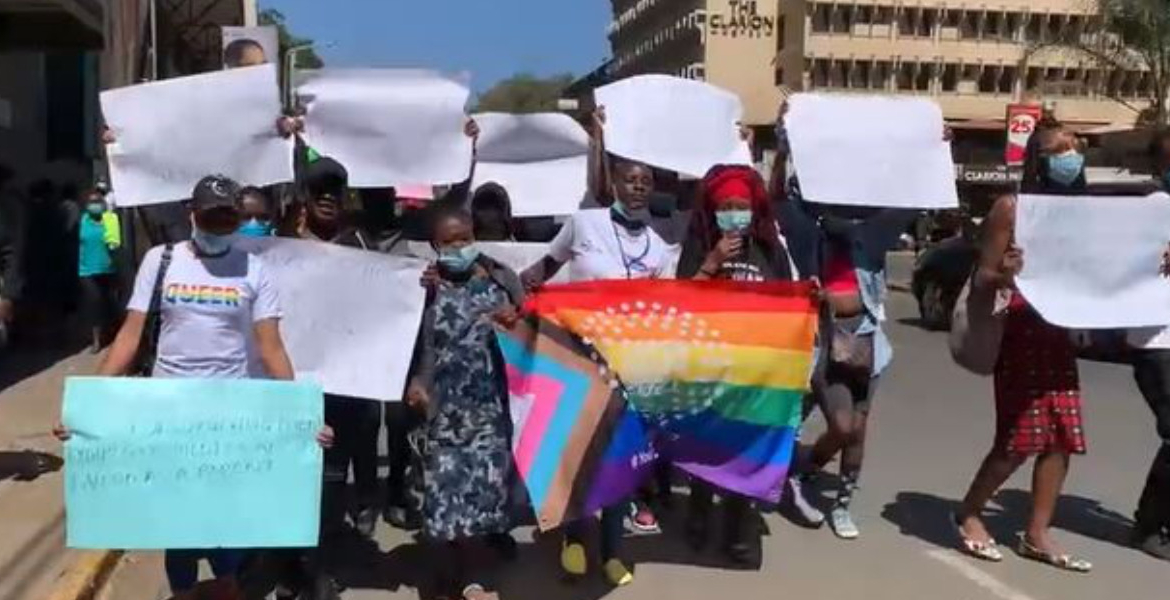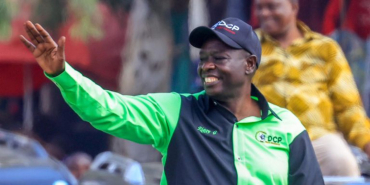Kenya Backs LGBTQ+ Rights at UN as US Walks Away From Global Mandate

The United Nations Human Rights Council (UNHRC) has extended the mandate of its Independent Expert on sexual orientation and gender identity (SOGI) for an additional three years.
This signals a robust international commitment to addressing discrimination against LGBTQ+ individuals. The decision, made on 7 July, comes at a critical juncture as numerous countries witness a rollback of LGBTQ+ protections. The resolution garnered 29 votes in favour, 15 against, and three abstentions, highlighting a mix of widespread support and notable resistance from various regional blocs. Key proponents of the renewal included Kenya, Chile, Germany, and South Africa, the latter being the home country of the current mandate holder, Graeme Reid.
Reid, a distinguished human rights scholar, is tasked with investigating abuses, advising governments on legal reforms, and integrating LGBTQ+ issues into broader human rights dialogues. His continued tenure ensures that these priorities remain central to international policymaking.
The renewal of the mandate followed extensive lobbying efforts by civil society organisations, with over 1,200 NGOs from 157 countries urging the Council to uphold the position. This campaign reflects the broad support for institutionalised protections, particularly given the surge in discriminatory legislation and rhetoric across different regions. The Independent Expert's remit includes monitoring violence against LGBTQ+ persons, scrutinising anti-LGBTQ+ laws, documenting trends such as forced displacement, and providing technical guidance on inclusive policies.
Established in 2016, the Independent Expert role is the UN's sole dedicated mechanism addressing LGBTQ+ rights. Its significance has grown in recent years, coinciding with increasing evidence of systemic discrimination. Reid has warned of "deeply troubling patterns of displacement" affecting LGBTQ+ people globally. Legal experts and advocates concur, emphasising the role as a safeguard against abuses and an anchor for progress in politically challenging environments.
The vote carries symbolic weight, especially given the absence of the United States from the Council's deliberations. Washington, once a vocal champion of LGBTQ+ rights on the global stage, particularly under the Biden administration, has reduced its engagement under President Donald Trump, who returned to office earlier this year.
The Trump administration has already moved to dismantle federal diversity, equity, and inclusion frameworks, and to curtail protections for transgender individuals through executive orders. This shift has raised concerns among international observers, who fear a weakening of collective pressure on regimes where anti-LGBTQ+ policies are entrenched. Without American advocacy, the momentum for global reform risks being diluted.
Nonetheless, the renewed mandate suggests that other states are willing to step into the void, bolstering institutional safeguards and reaffirming international obligations under human rights law. Latin America played a prominent role in advancing the resolution, with Brazil, Chile, Colombia, Costa Rica, Mexico, and Uruguay spearheading the proposal. A further 50 nations co-sponsored the initiative, including Australia, which, while not a voting member of the Council, expressed formal support for the measure.
Several African countries and Qatar opposed the mandate's renewal, highlighting the contentious nature of LGBTQ+ rights in multilateral diplomacy. Kenya's vote in favour of the resolution is particularly noteworthy, juxtaposed against growing domestic hostility towards the LGBTQ+ community. In March, a report by Open for Business cautioned that proposed legislation by Kenyan Member of Parliament (MP) Peter Kaluma, seeking stricter penalties for homosexuality, could cost the nation upwards of Ksh1 trillion in economic losses.
The study estimates that Kenya already forfeits Ksh201 billion annually due to discrimination against LGBTQ+ individuals, with regional figures reaching Ksh646 billion across East Africa. Kaluma's proposed legislation aimed to introduce stringent penalties for same-sex relations and those perceived to support or promote homosexuality.








Add new comment